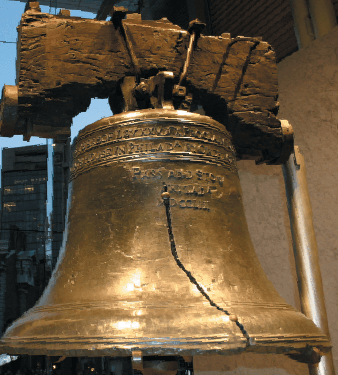Loving God and loving mankind were the core values of William Penn’s philosophy of life and government when he established Philadelphia in 1682. More than 300 years later, those same values are still evident as the City of Brotherly Love hosts America for Jesus on Sept. 28-29.
Imprisoned for his faith and placed in solitary confinement in the Tower of London in 1668, Penn wrote the book, No Cross, No Crown. King Charles II was indebted to the Penn family due to large financial contributions. Realizing the chances of finding true freedom to worship in England were slim, Penn approached the king and requested land in America to develop a colony where people could worship freely. “It is a clear and just thing, and my God that has given it me through many difficulties will, I believe, bless and make [Pennsylvania] the seed of a nation,” Penn wrote. “I shall have a tender care to the government that it be well laid at first.”
Penn’s “Holy Experiment” planted seeds for the establishment of a free society, and Philadelphia found itself at the center of all of it. After growing into the largest city in the original 13 colonies and becoming the nation’s first capital, Philadelphia hosted many of the nation’s most historic events, beginning with the signing of the Declaration of Independence on Aug. 2, 1776. The U.S. Constitution was adopted on Sept. 17, 1787, by the Constitutional Convention in Philadelphia. After being ratified by conventions in 11 states, the Constitution went into effect in March 1789. The Bill of Rights was also established in the city in 1791.
In 1751, the Pennsylvania General Assembly marked the 50th anniversary of Penn’s Charter of Privileges with the creation of the Liberty Bell, on which Leviticus 25:10 is inscribed: “Proclaim liberty throughout the land unto the inhabitants thereof.”
Penn’s concepts became the prototype for free democracies all over the world. The vision that God gave Penn for Philadelphia is not simply history—it is Philadelphia’s destiny and, ultimately, the purpose for our national identity.














































